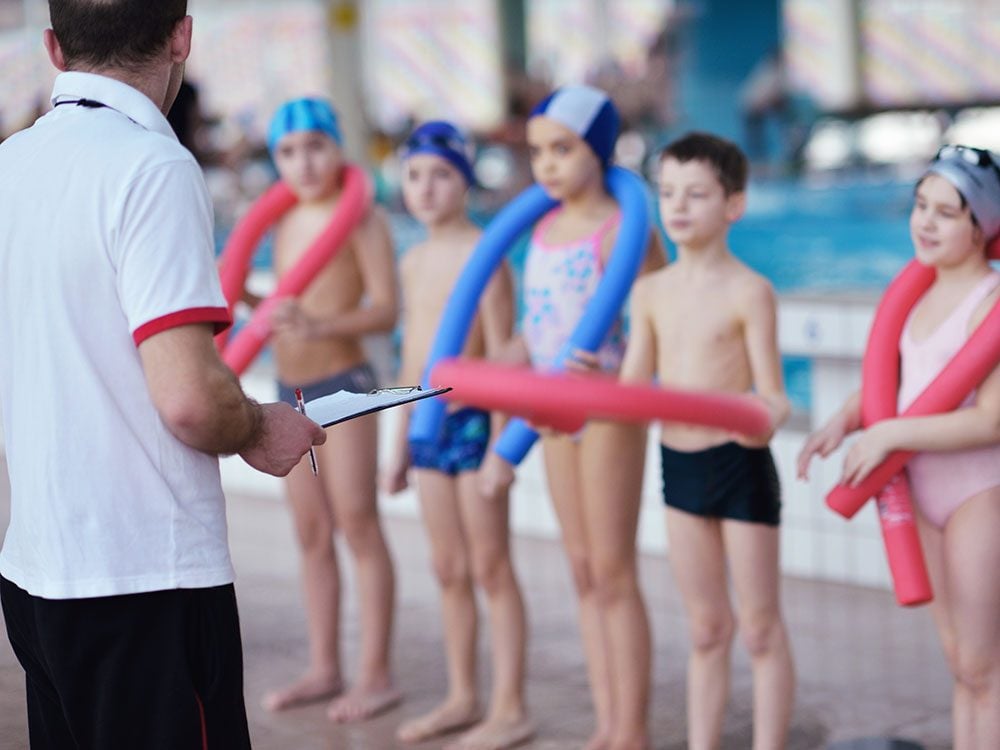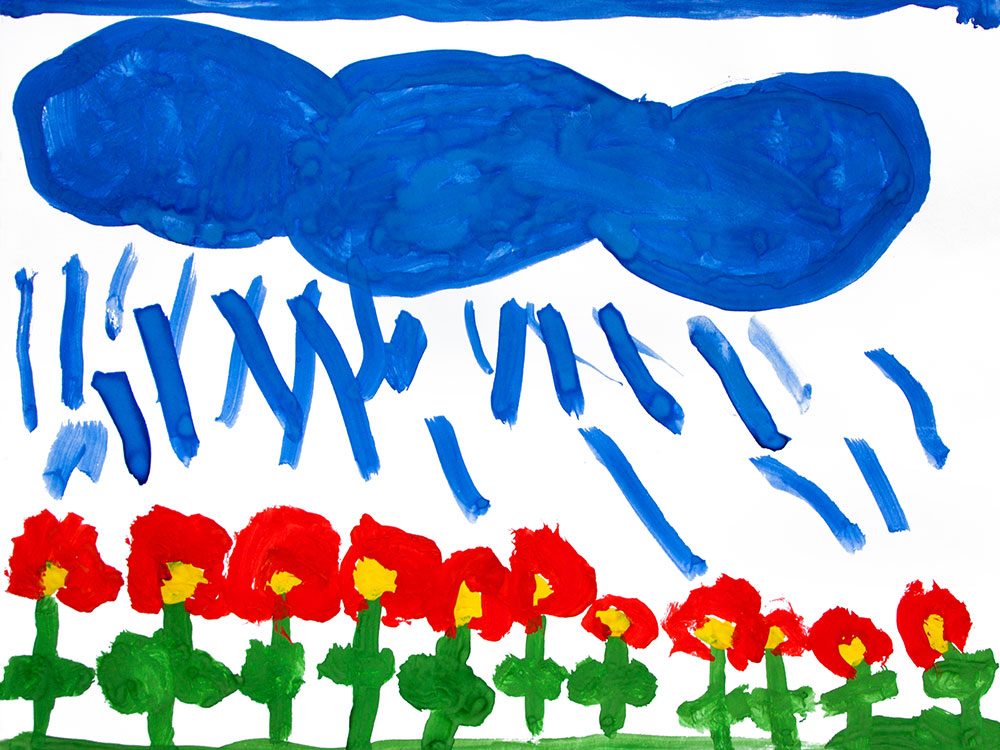
1. Parental Pressure Can Hijack a Child’s Natural Development
The drive to bring up accomplished kids comes from two places, says Boston-based child psychologist Lawrence Cohen, who’s written several books, including Playful Parenting. The first is an internalized desire to make up for something we feel was lacking in our own youth. If you were bullied, for instance, you might believe it’s extra important to raise a child who is kind to others.
We might also be motivated by a compulsion to keep up with the neighbours, leading parents to pressure their kids to master skills—like reading or sharing—before they are developmentally ready.

2. High Standards Can Hold Kids Back
Parental pressure to excel in too many realms can affect your child’s ability to learn. If they are putting in the work required to be a top performer in multiple ways—at school, swim class and piano lessons, say—it can leave little room for downtime. But breaks are essential, especially for children, since we all learn better if we give our brains a chance to rest, Cohen explains. Free time allows us to integrate and digest what we’ve learned in order to fully comprehend and build on it.
Check out 3 More Reasons Kids Benefit From Free Play!

3. Parental Pressure Shakes Kids’ Confidence
Giving your child space to make and resolve errors helps them gain confidence, says Sara Marlowe, a Toronto-based clinical social worker whose recent book, My New Best Friend, is about teaching kids self-compassion. “Where appropriate, letting children sort out problems helps them trust that they can figure things out for themselves,” she explains.
Another reason to hang back? A 2016 study out of the National University of Singapore found that assisting youngsters when they don’t need it can lead to maladaptive perfectionism—that is, it might cause children to become overly anxious about mistakes or to beat themselves up for failing to meet expectations. During the study, kids were asked to solve puzzles within a time limit, while parents watched. Researchers identified self-critical attitudes in children whose parents impatiently interfered, even when they weren’t showing signs of struggling. Gently leading a child when they required help didn’t have the same impact.

4. It Devalues Effort
To get ahead of a tendency toward perfection, Marlowe suggests parents praise effort rather than achievement. “Instead of saying ‘That’s a great picture,’ say ‘You really worked hard on that,’” she explains. Setting clear standards for behaviour and accomplishments is useful, but when your child falls short, avoid responding with anger—that will only cause them to avoid you or lie to cover up their mistakes. Marlowe suggests focusing instead on helping kids determine what they might do differently in the future.

5. Perfectionism is Hard on Parents, Too
Consider what kind of role model you are. Little ones must see their parents being open about their mistakes, Cohen insists. We all mess up occasionally—even perfectionist parents—saying something we don’t mean, raising our voices at loved ones, forgetting important occasions. But these moments can become teachable ones. “If we swear, blame others or deny mistakes, our children will do the same,” Cohen says. Instead, acknowledge how you might have acted differently to produce a better outcome. Go easy on yourself and make a point of showing your kids you’re doing so. It will go a long way toward setting them up for success.